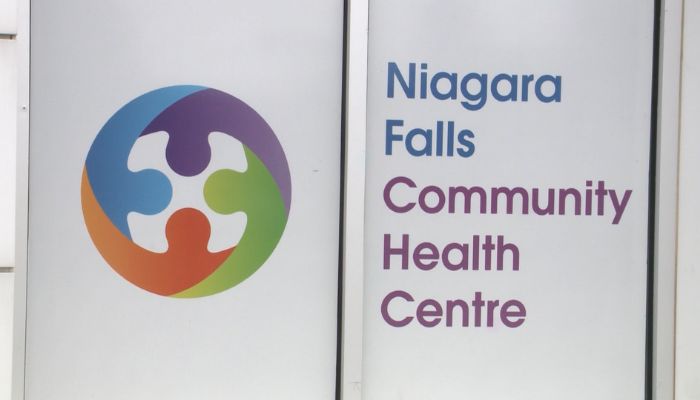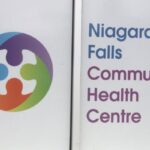A significant injection of provincial funding is set to transform healthcare access for vulnerable populations in Niagara Falls, as the Niagara Falls Community Health Centre receives $1.8 million to expand its operations and reach underserved communities. The announcement comes as healthcare facilities across Ontario struggle with capacity challenges and growing demands for accessible care.
The new funding, confirmed yesterday by Ontario Health Minister Sylvia Jones, specifically targets the expansion of primary care services to residents who have historically faced barriers to healthcare. “This investment reflects our commitment to ensuring every Ontarian has access to quality care, regardless of their circumstances,” Jones stated during the announcement ceremony.
For Dr. Marisa Blake, Executive Director of the Niagara Falls Community Health Centre, the funding arrives at a critical moment. “We’ve seen a 32% increase in patients without a family doctor in the past year alone,” she explained. “These additional resources will allow us to hire three new healthcare practitioners and expand our outreach to homeless populations and newcomers to Canada.”
The Centre’s integrated approach to healthcare has proven effective in addressing complex needs. Beyond traditional medical services, it offers mental health support, addiction counseling, and specialized programs for seniors and youth—all under one roof. According to recent data from the Niagara Region Public Health Department, this model has reduced emergency department visits by nearly 25% among registered patients.
Community health advocates have welcomed the announcement but emphasize that sustained funding will be necessary to address the region’s growing healthcare challenges. Maria Fernandez, chair of the Niagara Health Coalition, noted that “while this investment is certainly welcome, we need to recognize that long-term healthcare solutions require ongoing commitment, not just one-time funding announcements.”
The expansion will also introduce new specialized services, including dedicated support for individuals with complex mental health needs and a dental program for low-income residents. Construction on the facility’s new wing is expected to begin in September, with services projected to be fully operational by spring 2025.
Perhaps most significantly, the Centre plans to establish a mobile healthcare unit to reach those unable to access the main facility. “Transportation remains one of the biggest barriers to healthcare in our community,” Dr. Blake noted. “By bringing services directly to people experiencing homelessness or living in isolated areas, we can fundamentally change how care is delivered.”
The announcement comes as part of a broader provincial initiative to strengthen primary care infrastructure in underserved communities across Ontario. Similar investments have been made in Hamilton, Windsor, and Northern Ontario communities in recent months, signaling a potential shift in healthcare delivery strategies.
As Niagara Falls continues to experience population growth and changing demographics, questions remain about how healthcare systems will adapt to meet evolving needs. Will this community health model prove to be the blueprint for addressing Canada’s primary care challenges, or will it require additional innovations to ensure truly universal access to quality healthcare?










